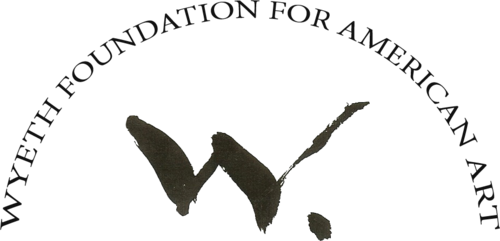

Boston's Apollo
Virtual Exhibition Tour and Events
We are thrilled to introduce a suite of free digital programs connecting the extended Boston’s Apollo: Thomas McKeller & John Singer Sargent exhibition to contemporary issues and artists, released every Thursday from September 10-October 8, 2020.
Watch the video exhibition tour below, and check back each week for newly released digital programs and events! Details on the program and event schedule can be found below.
Get digital programs
Sign up to receive new content alerts!
Exhibition Tour
Please join the Gardner Museum's William and Lia Poorvu Curator of the Collection Nathaniel Silver, Esther Stiles Eastman Curator of Education Michelle Grohe, and Chanel Thervil, Artist and Educator, Boston’s Apollo Community Collaborator on a virtual tour of our current exhibition, Boston's Apollo.
Virtual Programming
The Larger Conversation: The Rearview Mirror of Queerness and Erasure
Leaving behind home, friends, and family to discover one’s true identity can be both liberating and challenging. The contemporary uncertainty around John Singer Sargent’s painting of Thomas McKeller featured in Boston's Apollo: Thomas McKeller and John Singer Sargent raises questions of intentionality and whose lived experience is reflected for public consumption and/or acceptance. Join Community Collaborators and Michelle Grohe, Esther Stiles Eastman Curator of Education for a candid conversation focused on queerness and erasure. Participants include:
- Theo Tyson, Boston’s Apollo Community Collaborator and Polly Thayer Starr Fellow in American Art and Culture, the Boston Athenaeum
- Daniel Corral, Artist and Boston’s Apollo Community Collaborator
- Michelle Grohe, Esther Stiles Eastman Curator of Education
Lecture: The Erasure of Thomas McKeller
How has the erasure of Black identity shaped American culture? Thomas McKeller was left out of traditional narratives around the Museum of Fine Arts murals by John Singer Sargent. Dr. Nikki A. Greene, Assistant Professor of the Arts of Africa and the African Diaspora in the Art Department at Wellesley College, argues that this erasure is part of a larger cultural blindspot in 20th-century America.
Dear Mr. McKeller: an ode to one man’s impact
See the Gardner Museum and Calderwood Hall transformed in this cinematic performance piece featuring a series of responses by Boston dancers, poets, and musicians as they explore the legacy and lived experiences of Thomas Eugene McKeller. Performers include:
- Timothy Hall, Musician and Performance Poet
- Dana Ruff, Performance Poet
- McKersin Previllus, Choreographer
The Larger Conversation: Museums and Arts Activism
Description: Museums preserve history and traditions, while using their collections and exhibitions to spark curiosity, encourage conversation, and share knowledge. Given the current health crisis and discussions of racism in America, should museums also be seen as places for social change? Are museums open to making space for community conversations that may challenge their own inherent cultures and systems of perceived power, racism, and colonialism? Join Black and Brown artists and educators for a lively conversation among individuals who are using activism to critique and explore how museums and cultural institutions can support change. Participants include:
- Tory Bullock, Actor, Arts Activist & Educator
- L'Merchie Frazier, Director of Education and Interpretation, Museum of African American History
- Chanel Thervil, Artist and Educator, Boston’s Apollo Community Collaborator
- Golden, Artist, Poet, and ISGM Neighborhood Salon Luminary
- Catherine T. Morris, Director of Public Programs
Meeting Thomas McKeller
The Isabella Stewart Gardner Museum's Visiting Curator of Performing Arts, Helga Davis, created a special evening reflecting on the life and times of Thomas McKeller (about 1890 - 1962). The program delved into the complexity of the man and his legendary work with John Singer Sargent through historical record and creative embodiment. Featuring performers: Helga Davis, host; Lara Downes, piano; Davone Tines, baritone; and Levi Marsman, choreographer.
Lorraine O'Grady: The Strange Taxi, Stretched
In February 2020, artists Lorraine O'Grady and Adam Pendleton joined in a dialog for The Larger Conversation: Redefined, to discuss representation in their respective careers. O’Grady’s piece for the Façade is an adaptation of one of two autobiographical photomontages made by O’Grady in 1991: The Strange Taxi: or From Africa to Jamaica to Boston in 200 Years and The Fir-Palm, to depict and clarify her New England and Caribbean heritages. In both the original and the stretched versions of The Strange Taxi, female members of O’Grady’s family—her mother, Lena, second from left, and three maternal and paternal aunts—emerge through the roof of a New England mansion to show black women escaping from the limitations placed on them in post-World War I Boston. In the stretched version of The Strange Taxi for the Gardner, O’Grady was able to double the height of the sky above them, metaphorically giving the women (and their descendants) expanded room to grow.
Adam Pendleton: Elements of Me
Adam Pendleton’s Elements of Me on view at the Isabella Stewart Gardner Museum from February 13 through November 15, 2020. Pendleton's exhibition considers the relations between (geometric) abstraction, blackness, and languages of collectivity. Three basic shapes—square, triangle, and circle—are the refrains in this room-sized installation.
Pendleton is a New York-based artist known for work animated by what the artist calls “Black Dada,” a critical articulation of blackness, abstraction, and the avant-garde. Drawing from an archive of language and images, Pendleton makes conceptually rigorous and formally inventive paintings, collages, videos, and installations that insert his work into broader conversations about history and contemporary culture.
The lead sponsors of Boston's Apollo: Thomas McKeller and John Singer Sargent and exhibition-related programming are Amy and David Abrams, Bank of America, and the Henry Luce Foundation. Additional support is provided by the Arthur F. and Alice E. Adams Charitable Foundation, Chauncey & Marion D. McCormick Family Foundation, The Andrew W. Mellon Foundation, the National Endowment for the Humanities, and the Wyeth Foundation for American Art. The Museum also receives operating support from the Massachusetts Cultural Council.
Media sponsor: The Boston Globe











